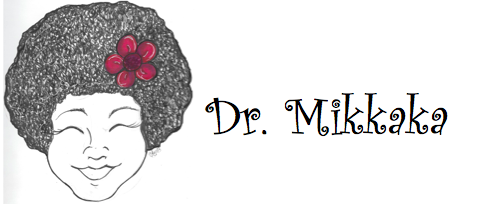One Has a Moral Responsibility to Disobey Unjust Laws
On this day in the U.S. we celebrate the legacy of Dr. Martin Luther King Jr., perhaps the most well-known leader of the Black Civil Rights Movement. As many historians, scholars, and educators know, however, the version of King we celebrate isn’t generally three-dimensional. America likes to discuss the man who peacefully demonstrated and promoted nonviolence even in the face of outright abuse. America likes the hand-holding, benevolent, “I Have a Dream” Martin Luther King Jr.
In a time when so-called legality is being elevated above morality and humanity in public discourse, it’s imperative to remember Dr. King in his fullness. Dr. King broke laws because they were unjust. He went to jail more than 30 times for breaking these laws. He pushed and pushed for equity for a group of people considered “less-than” and subhuman. He was ultimately killed for his efforts, but he walked toward that death anyway with full understanding of the danger he was in for the work he was doing. Many media outlets, politicians, and common people vehemently opposed him. In retrospect, those people were on the wrong side of history.
When those yet living in 60 years read about the world in the late 2010s and the early 2020s, which side of history will YOU be on?
As you remember and as you teach about Dr. King, consider broadening the scope of your understanding of this prominent historical figure. During my research for this blog post, I definitely learned things I didn’t know (like how the FBI tried to blackmail MLKJ into committing suicide). Below, you will find some resources to support your own teaching and learning.
8 Martin Luther King Jr. quotes that don't sanitize his legacy
Let’s remember the MLK who wasn’t liked
Teaching King Beyond “I Have a Dream”
From Teaching Tolerance: The Best of Our Dr. Martin Luther King Jr. Resources
11 forgotten Martin Luther King quotes that show he was a revolutionary
Keep the conversation going in the comments or in your own circles. Questions for Reflection: Did you learn anything new from the links above? How might you use that new knowledge in your teaching or your own life?

